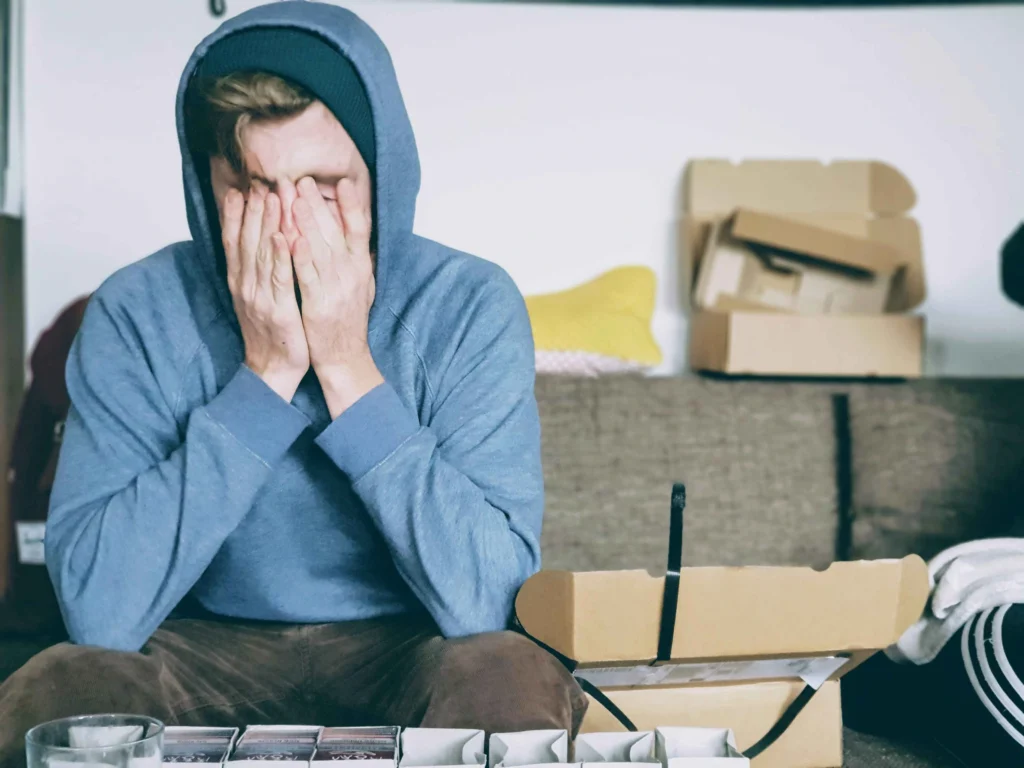Ever wake up feeling like you just ran a marathon—without even moving a muscle? You clocked in your 7-8 hours of sleep, but somehow, your energy is still running on fumes. You’re definitely not alone. If you’re always tired even after a full night’s sleep, something’s up. But before you blame your mattress or swear off mornings forever, let’s dive into 7 proven reasons why your body is hitting the snooze button on your energy—and what you can do about it.
1. Your Sleep Quality Is Garbage (Even if Quantity Looks Good)
Here’s the deal: It’s not just about how long you sleep—it’s about how well. Tossing and turning, waking up in the middle of the night, or shallow sleep stages can leave you feeling groggy. Think of sleep like Netflix buffering: if it keeps pausing, you won’t get the full movie.
Fix: Try a bedtime routine that calms your brain — think no screens 30 minutes before bed, meditation, or soothing music. If snoring or restless legs are the villains, consider talking to a doctor about sleep apnea or restless leg syndrome.
2. Your Diet is Running on Empty Fuel
Eating junk food or skipping meals can mess with your energy levels big time. Imagine trying to drive a Ferrari with low-grade gas. You won’t get far.
Fix: Load up on whole foods — veggies, fruits, lean proteins, and complex carbs. Hydrate like it’s your job, because dehydration is a sneaky energy vampire.
3. You’re Sitting (or Lying) Too Much
It sounds wild, but being a couch potato actually makes you more tired. Movement pumps oxygen through your body and wakes up your brain.
Fix: Move at least 20-30 minutes daily. Stretch, walk, dance in your room like no one’s watching—anything to get your blood pumping.
4. Stress and Anxiety are Power Drainers
Your mind might be running a marathon while your body is “resting.” Racing thoughts, worrying, or feeling overwhelmed puts your nervous system on high alert, zapping your energy even during sleep.
Fix: Practice mindfulness, journaling, or breathing exercises. If anxiety feels like a heavyweight champ, consider professional help—it’s a total game-changer.
5. Caffeine is a Sneaky Saboteur
Ironically, caffeine can mess with your sleep cycle and leave you feeling tired the next day—even if it gives you a temporary boost.
Fix: Avoid caffeine 6 hours before bedtime. Swap your late-afternoon coffee for a refreshing herbal tea or just good old water.
6. Vitamin and Mineral Deficiencies Are Lurking
Low iron, vitamin D, or B12 can all make you feel like a deflated balloon. Your body needs these nutrients to create energy and keep your brain sharp.
Fix: Get blood work done and chat with your doctor. Supplements or dietary tweaks might be exactly what you need.
7. Your Body Clock Is on a Different Time Zone — Even Without Travel
Sometimes your circadian rhythm is out of sync. Maybe you’re a night owl stuck in a 9-to-5 world, or your sleep schedule shifts wildly on weekends.
Fix: Aim for a consistent sleep and wake time—even on weekends. Light exposure in the morning helps reset your internal clock faster than coffee.
Final Thought: Listen to Your Body (And Be Kind To It)
Being tired all the time isn’t just “normal” or something you have to accept. It’s your body waving a red flag that something needs attention. Small changes to your routine, diet, and mindset can flip the tired switch off.
So, pick one of these reasons, tackle it, and watch your energy levels rise like a champ. You got this! 💪
More resources: – 10 Morning Habits That Naturally Boost Energy All Day – VitalNest
12 Reasons You’re Always Tired (and What to Do About It)


Pingback: The Hidden Sleep Killer You Need to Avoid - VitalNest